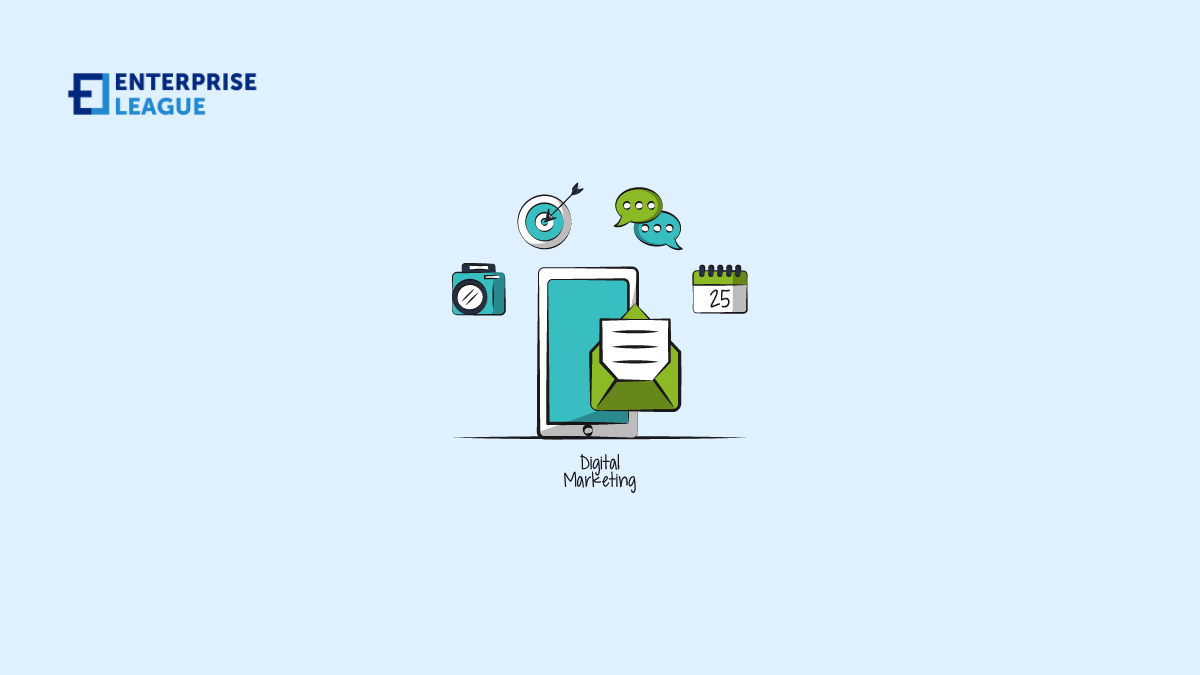Are you interested in starting your own business but unsure where to begin? This article offers tips and strategies to turn your idea into a business venture.

Operations and logistics management: 9 ways to ensure quality processes
Operations and logistics management: 9 ways to ensure quality processes
December 19, 2022

Logistics management allows the safe and timely transport of products from one place to another. Additionally, using a delivery management software can help any organization with lowering costs and satisfying customers.
Strategies that will improve your operations and logistics management
Here are some strategist to help you with your logistics management.
Choose the appropriate warehouse facility
For cost-effective facilities that allow you to access cutting-edge technologies, improve your scalability and flexibility, and achieve better customer satisfaction, you should choose a 3 PL warehouse. In line with this, exploring efficient warehouse storage solutions can further enhance your operational efficiency. By incorporating the right storage equipment, you can optimize space usage and streamline your inventory management, contributing to overall logistics effectiveness. For example, implementing Modula WMS can help you maximize storage capacity, utilize space at an optimum level, and make it easier to locate your goods. This warehouse will help you maximize storage capacity, utilize space at an optimum level, and make it easier to locate your goods.
Plan thoroughly
Your goals will provide a clearer vision for your organization and guide you through establishing practical strategic actions. After that, you can start planning for everything else, including how to procure your goods, manage your storage facility, and deliver your products efficiently.
Do backup planning
Learn from your mistakes and embrace change
People who learn from their mistakes are not deemed to repeat them. So if you’re into improvement, you should be one of these people. Sometimes, it’s hard to admit your mistakes, but it’s one of the ways for you to learn.
Instead of simply being frustrated, why not work on process insufficiencies and make changes? Put yourself together, and get the work done. But this time, do it with more enthusiasm and more openness to something new.
Hire the best people
One of your resources are your people. They can offer more for your organization. Therefore, you should invest in them. Provide training to enhance their knowledge and skills. Treat them as an asset instead of a liability. Then, you can expect progress from them.
However, sometimes they will be tired, and they need enough motivation. Since they’re working hard for the organization, consider giving extra credit to those who deserve it or offering them something beneficial. Remember: It’s not only your customers that you must satisfy. Your workforce needs your attention too.
Build good relationships
In an organization, it’s vital to have open and honest communication. You should ensure that your staff communicates regularly to avoid misunderstandings, conflicts, and tension. Moreover, employing a logistics manager with excellent interpersonal skills would be best to guide your workforce to communicate more effectively.
Building good relationships should also be applied outside the organization. It would help if you also practiced connecting with your customers and suppliers. That way, you can retain and develop working and customer relations.
Adopt workflow automation
Ensure effective transportation
When planning, the transportation of goods is always included. You should adequately package your goods to protect them from damage. Moreover, you should identify the shortest and safest route to deliver the goods to their destination.
Measure performance consistently
After delivering your goods to your customers, the process continues. This includes evaluating the performance of your existing strategy and processes. After all, how do you know you’re hitting your targets and fulfilling your maximum potential if you don’t do any form of evaluation?
You must obtain feedback to gain insights like cycle time and costs and use valuable measurement tools and software to analyze them. These will assist you in further improving your tactics in every aspect.
Conclusion
More must-read stories from Enterprise League:
- Debunking the most common myths of entrepreneurship.
- How successful local businesses can give back to the community.
- The importance of customer-focused strategy for your business.
- Pros and cons of social media for business you should be aware of.
- How to handle a situation where employees are not getting along.
Related Articles
Turn your idea into a business: Strategies and tips
Shopify Audiences: What it is and how to leverage it
Discover the power of Shopify Audiences for your e-commerce business. Learn what it is and how to leverage it effectively for targeted marketing and growth.
How small businesses with delivery services can save money
Don’t miss out on the opportunity to maximize your financial success! Learn how small businesses with delivery services can cut costs and boost profits.
Creating content marketing funnel for small businesses
If you are an entrepreneur with a long-term vision and desire to build a sustainable brand, a content marketing funnel for small businesses should get your full attention.
Starting a metal fabrication business: What you need to know
Want to open a metal fabrication business but don’t know how and where to start? Check these tips on what should your plan include and roll your sleeve up.



















